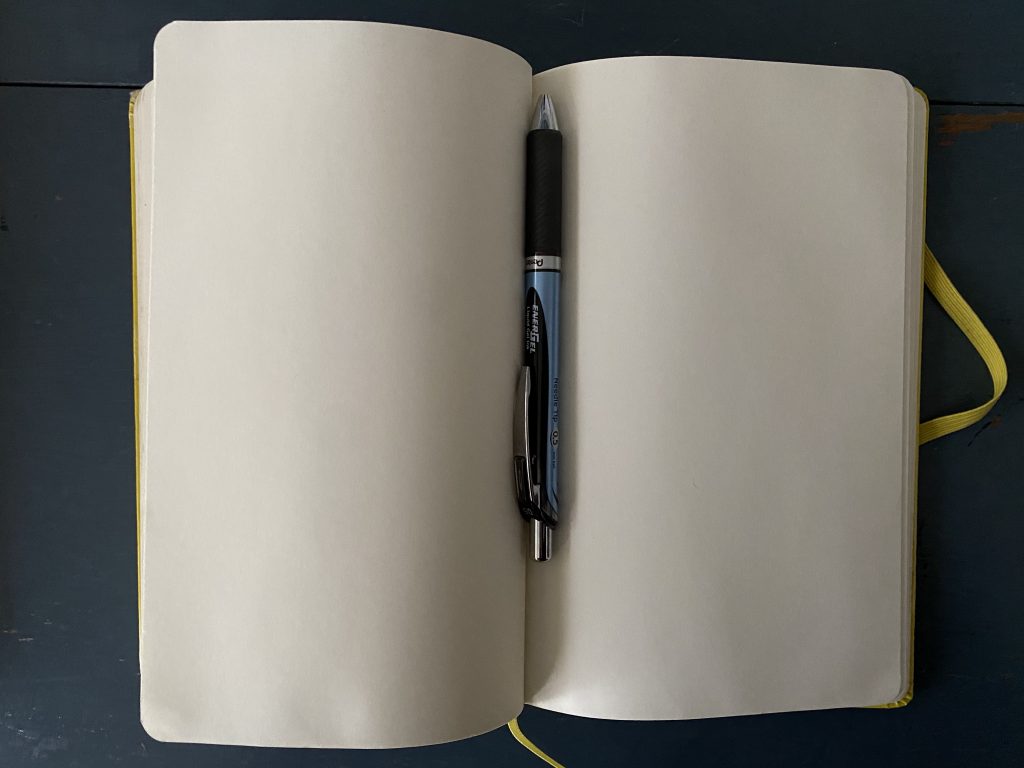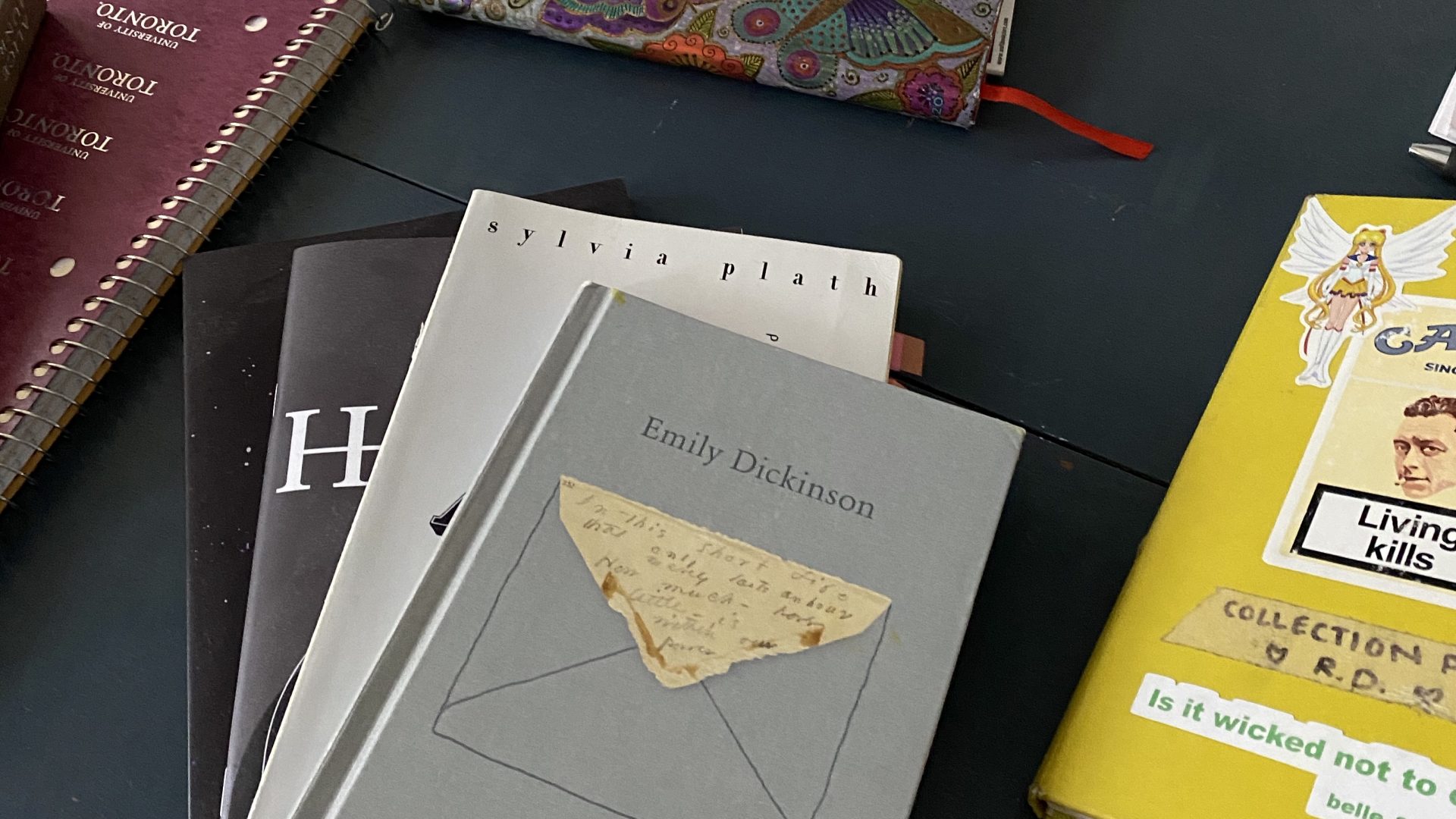The weeks before exam season are always tough. Opening my agenda and looking at my schedule typically fills me with a wave of dread, along with the panicking sensation of "oh my god, how will I be able to do it all?" This usually leads me into the toxic mindset of believing I can do work non-stop for three weeks and neglect all other non-school related activities. However, this way of thinking is not only unachievable, but also unhealthy. I usually end up taking breaks anyway, which consist of me scrolling on my phone for 20 minutes (because it's a convenient way to escape the anxiety of doing work). Meanwhile, the activities I actually find pleasurable: reading, drawing, and writing, are sacrificed unnecessarily. Registering for the Poetry and Purpose writing session allowed me to manage my time, carving out a portion of the day to do something I can appreciate and enjoy.
The theme of the evening's poetry session was "Agency and Advocacy for Oneself and Others". The event facilitator explained that forms of art, such as poetry, can be a tool for communication. Not only does it communicate one's own inner thoughts and feelings, but it can also be used to send a message about a greater social or political struggle. The poem, "What's Not to Liken," by Evie Shockley, depicts police brutality, and was read to the group as an example. Reading Shockley's poem allowed me to appreciate how poetry can paint a striking and devastating picture of both universal and particular experiences. It can convey common feelings such as fear, anger, or guilt, which most can relate to. However, it can also depict specific situations, like Shockley's portrayal of a 14 year old girl being brutalized by police. In this way, poetry can communicate an individual experience, while also enabling others to relate to a common struggle and find a shared sense of meaning through poetry that mirrors their own lived experiences. On the other hand, poetry can also ask those who cannot relate to that particular struggle, to empathize and feel the pain of others, even if this empathy is inherently limited due to a lack of experience.

Most of the writing exercises gave the group a lot of freedom. The first exercise merely asked the group to write about how they felt in that moment, in a non-stop, stream of consciousness style. However, the last two exercises were more specific prompts. For example, one asked us to write a poem on an advocacy-related issue and direct it toward someone you're trying to teach. I found this task to be difficult, vulnerable, and rewarding. The last prompt asked us to write out three of our core values, starting with the sentence "I believe...". Afterwards, we were told to write a poem with one of those values repeated throughout the different verses. Personally, this created a more impactful poem. The power of repetition is a tool I intend to use more often.
I also want to note how friendly and warm the group was. Although I normally opt for my camera to be off during these types of events, I am grateful that the instructor encouraged us to turn our cameras on. It allows for a more inviting and personal space. Seeing a bunch of faces can feel like a community, whereas seeing a hoard of blank screens can feel like you're in a void. There were also breakout rooms during the event, which allowed attendees the opportunity to share (if they were comfortable) what they had written. Being able to hear what others wrote was wonderful, specifically in a time when everybody feels disconnected to one another due to COVID. To open up and talk with strangers about your personal writing was refreshing specifically because it went beyond Zoom etiquette and polite conversation.
Overall, I found each activity to be a wonderful writing exercise, especially when you need something to kickstart your creativity if you're experiencing writer's block (something I get quite often). Being able to write about how I felt was a huge stress-reliever, and a way to finally acknowledge some of the pent-up feelings I had been repressing. Moreover, the writing prompts that encouraged me to broaden my scope and write about how I related to advocacy and social justice issues, allowed me to create poetry that had a greater purpose. I was able to step outside my own internal spirals of negativity and think about my place in the world at large.
If you’re interested in Multi-Faith Centre events like this, I encourage you to check out the Multi-Faith Centre calendar for descriptions and dates of upcoming events! The link is below:

0 comments on “Making Time to Write: Poetry and Purpose Event”